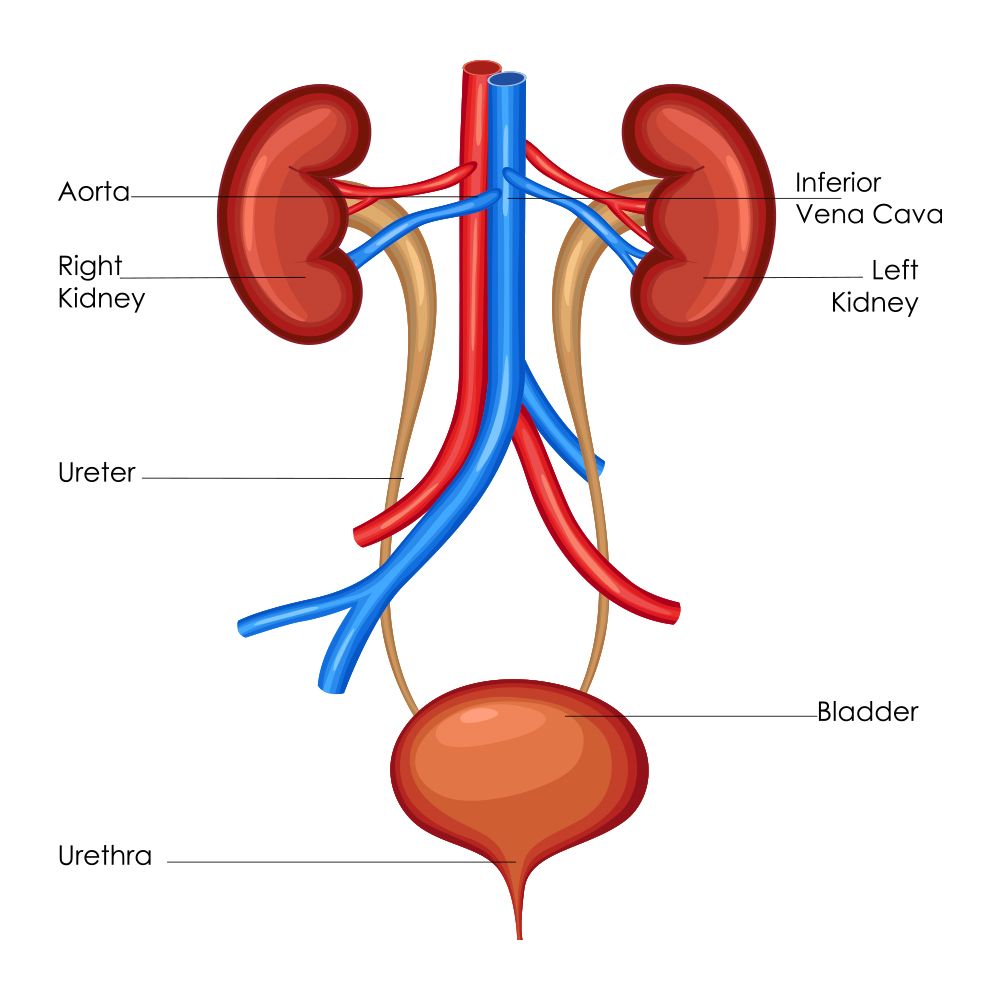Laparoscopic Reconstructive Urology
Following surgery to treat kidney, bladder, prostate, or urinary tract cancer, you may need to undergo treatment to treat urinary tract issues. Laparoscopic reconstructive urology procedures are safer and require a much shorter recovery than traditional treatment. Dr. Luis Herrera is certified by El Consejo Nacional Mexicano de Urologia A.C. He provides state-of-the-art treatments at his urology center in Tijuana, Mexico, allowing patients to take advantage of safe surgical care at a fraction of what treatment costs in the United States.

Why is Reconstructive Surgery Needed?
A laparoscopic urology procedure can remove cancerous masses, but may lead to urinary tract complications. Reconstructive surgery after your cancer treatment can correct these complications.
Common Issues We Can Correct
Complications that require reconstructive treatment may include:
- Urinary Incontinence
- This condition is characterized by urine leakage that occurs when engaging in activities such as exercise, or even when laughing or sneezing. Our doctors can create refinements that allow you keep the urethra and neck of the bladder closed, avoiding leakage.
- Urethral Fistulas
- A urethral fistula may occur in one of two ways: as an abnormal opening in a urinary tract organ such as the bladder or urethra, or as an unusual connection between one of these organs and the prostate or vagina. Surgery can repair damaged tissue, allowing healthy tissue to develop and close the opening.
- Urethral Strictures
- The narrowing of the urethra, known as a urethral stricture, can prevent proper urinary flow. It can be caused by scar tissue or inflammation, and is typically much more common in male patients. The constricted section of the urethra can be surgically removed or enlarged to restore normal flow.
Overall organ reconstruction can also be performed as necessary.
Laparoscopic surgery requires only small incisions, and typically results in far less trauma to surrounding tissue. As a result, surgery is safer, more efficient, and involves a far shorter recovery period.
The Laparoscopic Treatment Method
These procedures traditionally require large incisions and considerable trauma to surrounding tissues in order to access the treatment areas. Laparoscopic surgery uses small, incredibly intricate surgical tools guided by a laparoscope, which is a camera attached to the end of a long, flexible tube. Dr. Herrera watches the video feed as he uses the tools to make the necessary refinements. This approach requires only small incisions, and can result in far less trauma to surrounding tissue than traditional surgery. As a result, surgery is safer, more efficient, and involves a far shorter recovery period.
Improve Your Quality of Life
If you have undergone treatment for cancer of the kidney, bladder, urinary tract, or prostate, and find yourself experiencing urinary tract issues, we are here to help. By undergoing laparoscopic surgery to address side effects of cancer treatment, you can experience improved health and quality of life in a much shorter amount of time than traditional surgery would require. Contact us online or call us today at (619) 392-8516 to schedule your appointment.

